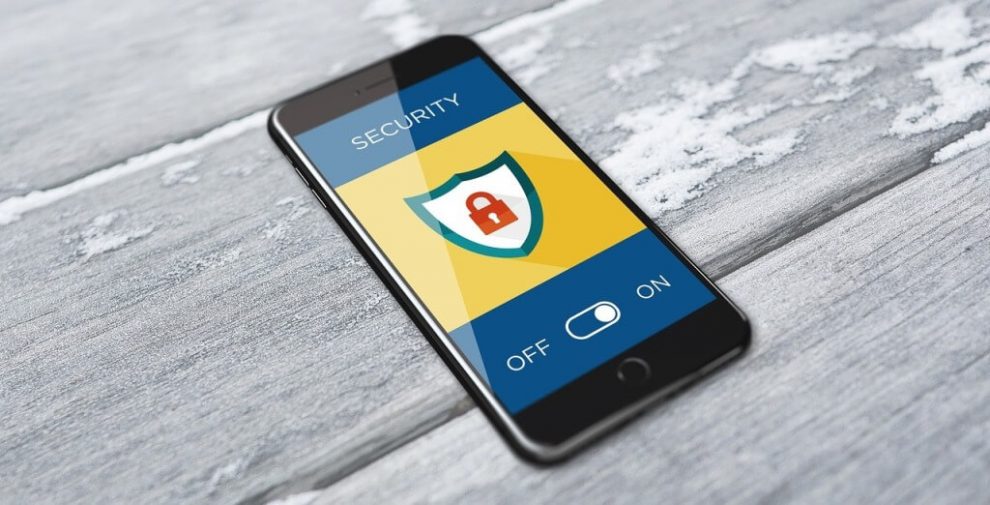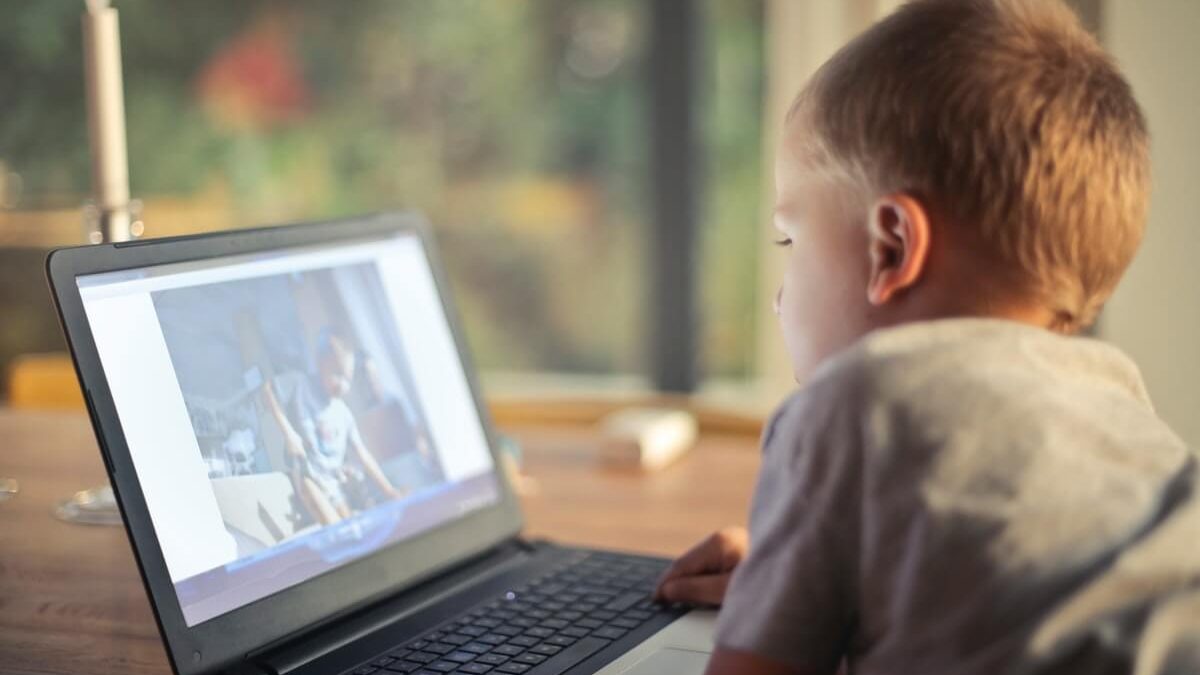Children nowadays spend a lot of time on the internet. Kids are becoming addicted to Internet. Social networking tops every teenager’s must-have list. Facebook, Twitter, My space, Instagram, Whatsapp, whatever, is a fun way to meet new friends and keep up with what the older ones are doing. Now it is our duty to teach and educate them about internet.
The threats of dangerous content and characters online are very real. But just as you taught your child to look carefully before crossing the road, you need to educate them how to be safe when logging in and browsing the Net.
Also Read: The Ben 10 Games!
By the way, accessing inappropriate content, such as porn and violent games is just as easy on internet enabled devices such as mobile or tablet as a computer.
The virtual world can be educative, but can rob kids of their childhood, hasten maturity, warp thinking. Quite often the Net is used by a youngster to escape painful emotions or troubling situations. They can be lured to porn sites. Risky behaviour online appears thrilling and challenging but can lead to poor performance in school and falling Social skills. Parents need to be wary and involved.
Also Read: Juvenile Rheumatoid Arthritis: Symptoms and Treatment
Some Sad Stats about safety of a child online :
- According to a leading Antivirus company responses of 1162 school kids
- 84% kids have encountered unpleasant situations online
- 79% kids have has negative experiences
- 55% accept cyber bullying as part of everyday life
- 46% spend more than 2 hours each time they log in
- 43% go online every day
- 23% play video games
- 18% use social networks
- 17% watch movies
- 18% children between 9 and 11 have arranged offline meetings with friends made through the Net. Most parents are unaware of their children’s activities.

The Risks and Dangers of Being Online
Keeping children safe online :
- They can watch inappropriate graphics matter including violence and porn, sometimes even accidentally.
- These can also be accessed easily through search engines and graphic ads.
- They can come into contact with sexual predators online, who have a gaggle of grooming and luring techniques to entice the child, such as sexual imagery and suggestion, or by preying on their emotional vulnerability.
- They can be harmed- Paedophiles try to arrange real life meetings with the children in places like chat rooms, where people take on false Ids which can cause physical harm and mental trauma.
- There can be cyber fraud and ID theft-Password enter online can be capture and personal data like credit card information can be misuse if a website is compromise or the device that you use to access the internet has a virus or security lapse.
- There is no ID process to ascertain the age of the user.
10 Warning signs to find out if your Child is addicted to Internet
How to keep child safe on internet – Watch out for these if your child:
- Loses track of time while online
- Is ready to sacrifice sleep to be up on the computer
- Gets agitate when stopp from doing so
- Shows more readiness to spend time online rather than with friends and family
- Disobeys time limit set up for Net usage.
- He/She is sneaky and lies about the time spent online when alone
- Child is cagey about new friends
- Is preoccupy, withdraw and disinterest in family tasks
- Shows no interest in school and homework and other once enjoyed activities
- Shows personality changes, like depression, anxiety, hostility. Aggression, irritability which could be due to cyber bullying.
Also Read: 7 Easy Ways to Improve Child’s Memory
Best Tips to Keep Your Child Safe Online
Here are best tips to ensure that your children are safe on internet and Social Networks
- Try out the apps and services that they use so that you are familiar with them and are alert to dangers.
- Keep internet-enabled devices in public areas of the house-e.g. the living room so that you can monitor your child’s browsing.
- Let your children know that you will be checking internet-enable devices such as their mobiles and computers and monitoring and applying restriction for their use. Ask with whom they are texting and chatting.
- Work out time limits so that studies and personal life doesn’t suffer. A child can sit glue to the screen in case something wow is miss.
- Talk to your child about the dangers of giving out private and personal information (both theirs and yours) such as full names, address, name of school/college, cell number, passwords, credit card details, whereabouts to anybody without your permission. Many social networking websites allow users to post such information about themselves. Tell your children to avoid posting personal information.
- Stress selectivity. You don’t need to add anybody you’ve barely rubbed shoulders with a friend, just to swell your list. When you get a request, look through the person’s page first and check with mutual friends.
- Make sure that your child profiles have on forums and message board doesn’t contain personal information like your child’s full name or date of birth. Use aliases for blogs and forums.
- Advise kids never to open an email from an unknown person. Explain that they should never send pictures of themselves to people they meet online and never agree to meet anyone in person, especially strangers they’ve interacted with online. Any pics or views post online can be view by all and sundry, even your driver. Even perfectly innocent photos can be copied, altered and posted elsewhere and misused with serious consequences.
- Install parental control software or take advantage of the tools provides with some operating systems to monitor your child’s online experience
- Teach your child to disregard enticing ads that pop out on Facebook or other networking sites which are often huge scams.
- Posting too many photographs attract the wrong kind of attention, specially bare-as-you-dare selfies and coo-some twosomes.
- Tell children to watch what friends post about them on their FB walls-like sharing secrets or saying something nasty, even if it is a joke. Ask that it be remove.
- Explain that not everyone online is who they claim that they are, especially in chat rooms.
- Advise discretion about sharing information. Default settings for Facebook make all your personal information available for all the world to see. Consider privacy settings that will keep information from coming up on a search. These settings should not allow people to see any information by just clicking on bits of your profile without requesting friendship or sending an email.
A WHO report says that one reason for equating EMR with possible carcinogenic agents is the extensive use of mobile phones. Children under 16 are most vulnerable. So keep mobile phones as far away from growing child as possible.
You can not specifically target and block inappropriate content or prevent sexting, but there are several useful features that can be enable or disable on handheld devices to facilitate safer online experiences.
Also Read: The 10 Most Different Games
GPS and auto sync/option should be disabled so that your child’s location is not made public. Keep Bluetooth and WiFi switched off and disallow browsing in a public hot spot.


Stay connected